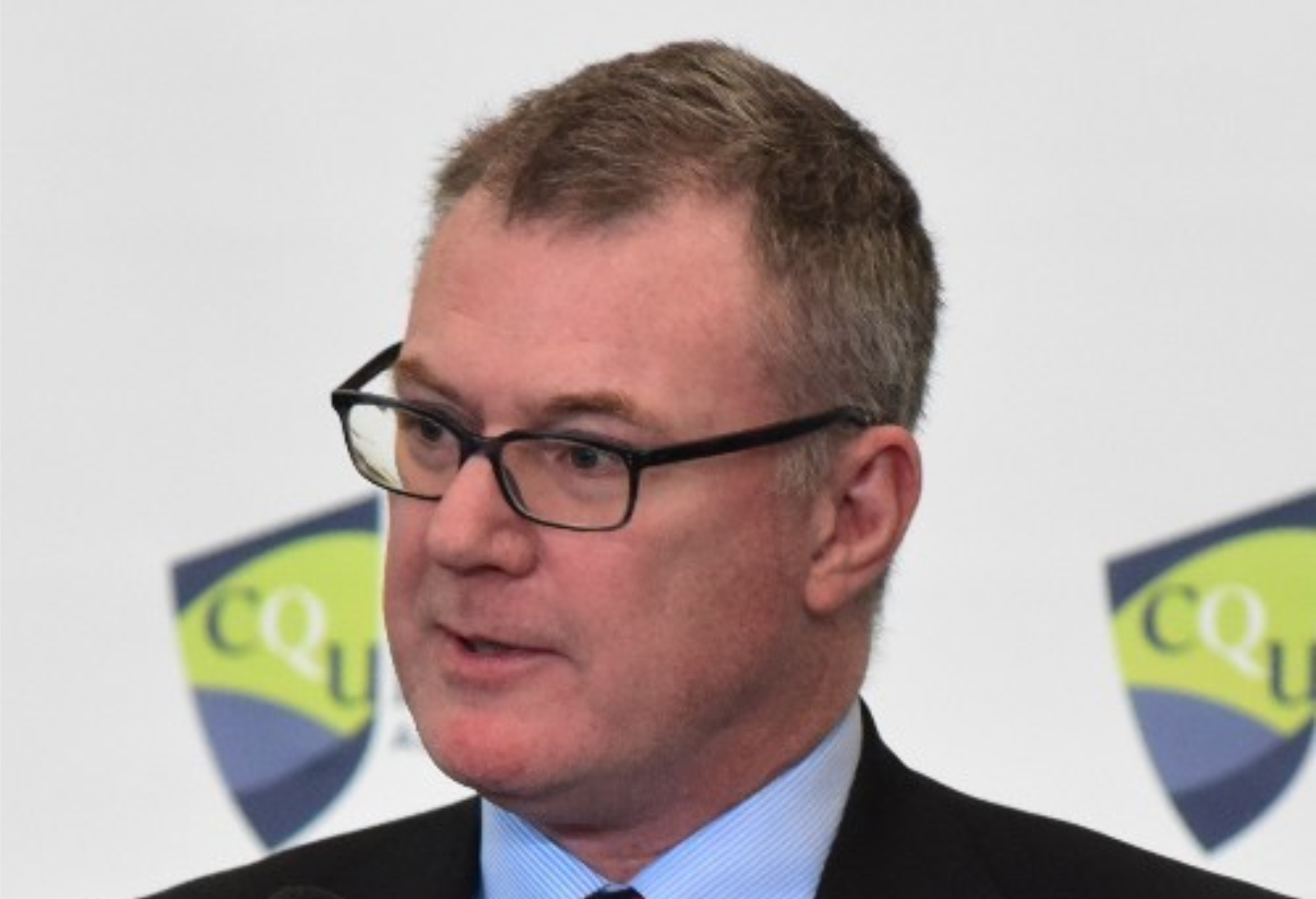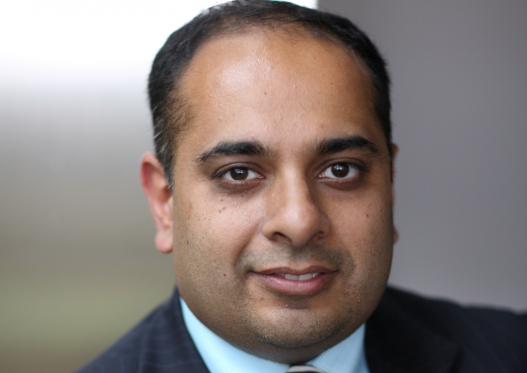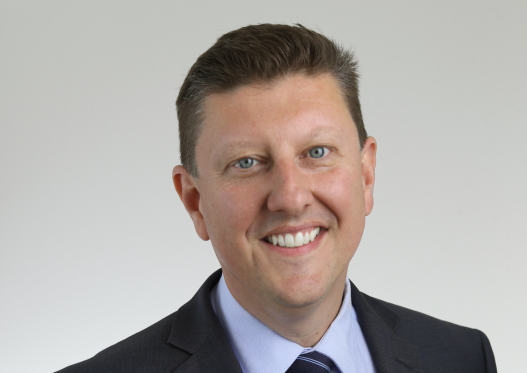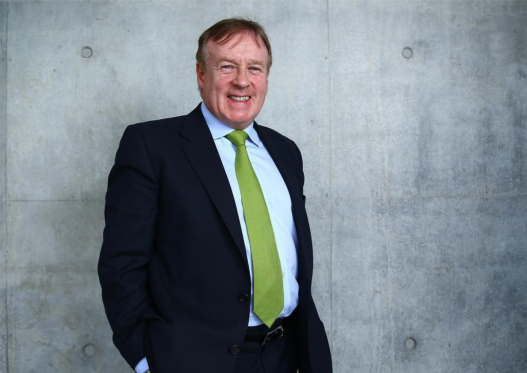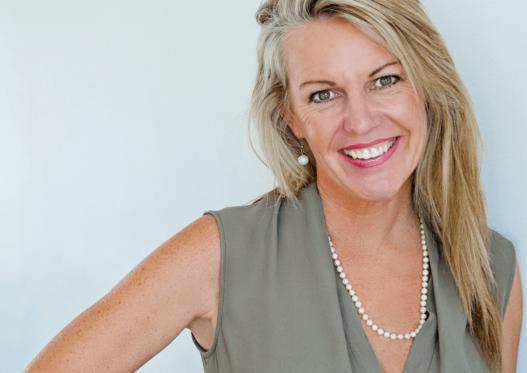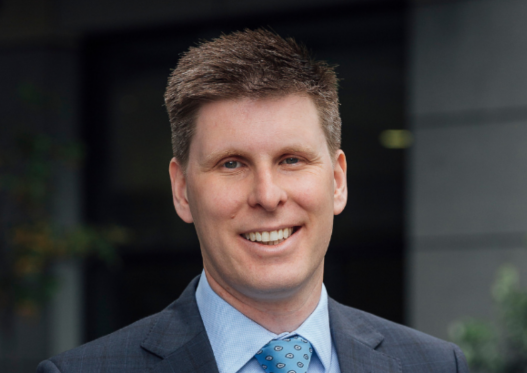When he was upgraded to SF FIN, Sean O’Donnell had just embarked on the Chartered Banker by Experience program.
Here, speaking candidly about his career and the banking and financial services industry, he tells InFinance why it’s vital for FINSIA to play a leading role in striving for higher standards of ethical, professionalism.
“The overarching reason I did the Chartered Banker by Experience is because it tells a story,” he says, “and the story that it tells is that bankers are highly skilled and highly ethical and that they seek to meet the standards that the community expects of them.
“When I started in banking in 1986, bankers were well-respected in their communities, and they behaved like well-respected members of the community. Over the next 30 years, though, much of that respect was understandably lost.
“So for me, the really important role that FINSIA plays is to raise the standards of the professionalism and the trustworthiness of its members.
“That's by far the most important thing that it does. It challenges us about what's ethical and what's not. It forces us to think really clearly and deeply about the decisions that we're about to make and the way that we go about our business.
“That's the leadership that FINSIA is providing, ensuring bankers meet the highest standards in a way that will build community trust. It's needed more than ever right at the moment.”
The Global Markets Executive at IBM, who is one of the newest Senior Fellows, believes the current strategy with an enhanced education and training program aligns FINSIA with its origins at the Institute of Bankers.
“In ensuring we behave ethically, that we are professional, that we recognise that we need to stay abreast of what's going on, it's certainly highly aligned with the original intention of the Institute of Bankers,” he says.
Like many of those with long careers in banking, Sean sees how the industry has gone some ways to redeem itself from a series of scandals that culminated in the Hayne Inquiry.
“Interestingly, with the pandemic, Australian banks have really stood up and made an enormous contribution to the overall health of the Australian economy,” he said.
“If Australian banks had not developed repayment deferral programs and had the prudential regulator not supported this approach with capital relief our nation would be in a significantly worse position.
“But the fact that they did develop them is because they understand that there's a greater good.
“And I believe that’s what FINSIA aims for - to get back to that place where banks and bankers are well-respected members of the community by contributing to the overall good of the community.”
Reflecting on Chartered Banker and its across-the-board relevance even to those who may not be directly involved in frontline banking, he adds: “To sit down and have to think about why you did the things you did and whether you'd do them differently is a great opportunity.
“I'm sure most of us probably don't spend as much time doing that as we ought to. I found it quite thought-provoking to start with.
“There are things I absolutely wouldn't do again. So I think the reflective exercises that you have to go through as part of that program are really useful.
“I work for IBM these days but I work with banks, and the reason I did the Chartered Banker by Experience program was because I felt that if I'm going to advise banks on how to apply emerging technology then I needed to do that from the position of having the highest professional recognition as a banker.
“From a credibility perspective, I thought that the Chartered Banker was just something that needed to be done. And I'm much better off for having done it.”
As a long-serving member, Sean tells those he is involved in coaching and mentoring that ‘if you want to excel in banking, you really need to join FINSIA.”



